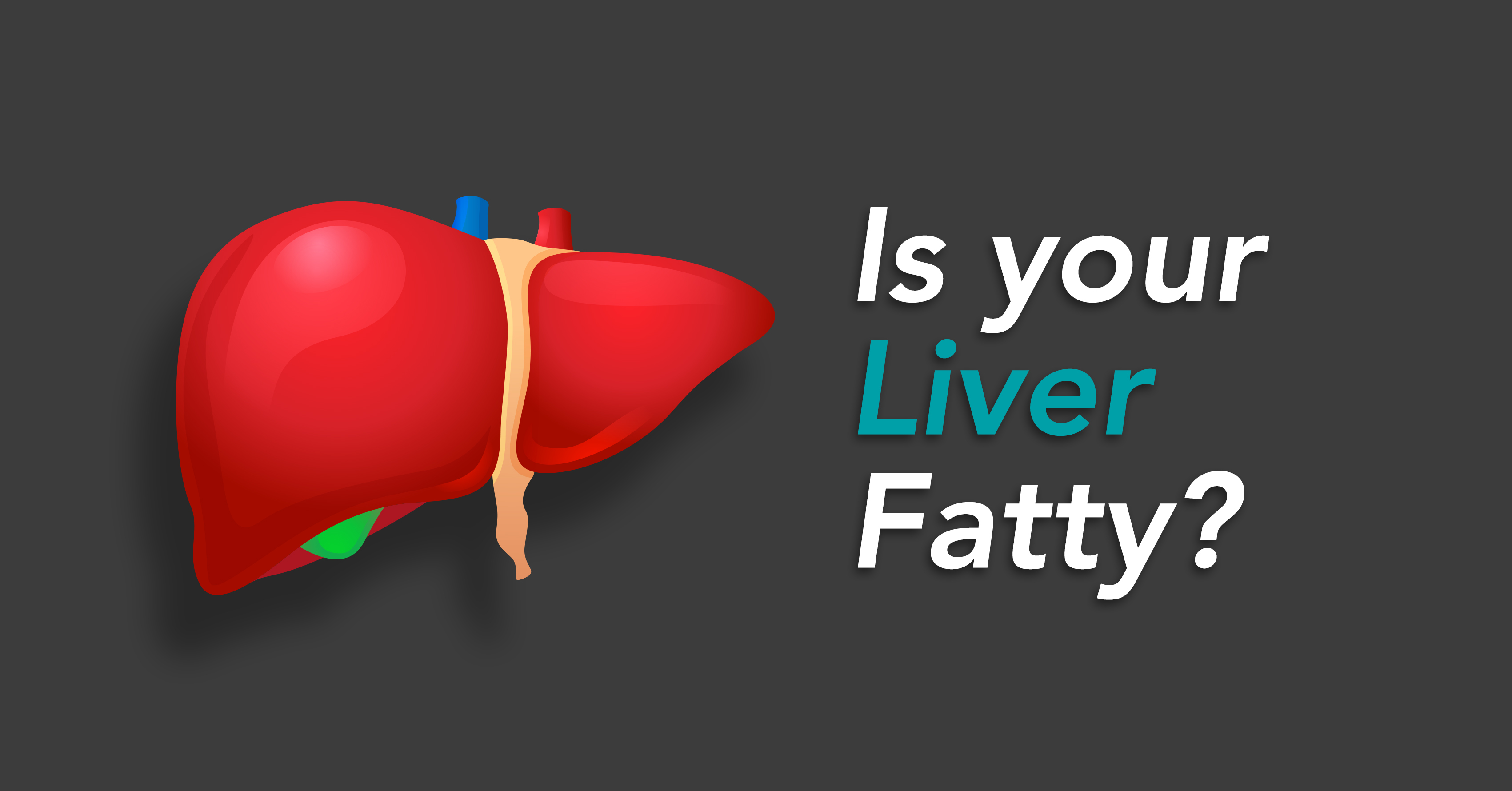Contributed by – Healthians Team
FAT: this word is generally associated with the visible fat on our body that makes us look obese. But today, we are discussing the fat in our liver. Usually, some percentage of fat is always present in the liver. But, if this fat in the liver makes 5-10 % of the weight of the organ, the liver is termed as Fatty.
The liver is the second largest organ of the body has a role to process whatever we eat or drink. It filters the harmful substances from the blood. The dead cells of the liver are shed off and the new continue to form in a healthy circumstance. It is even known as the “store house of fuel”. The food we eat is broken down and the sugar or glucose is stored in the liver in the form of glycogen which is the energy of our body. The liver also stores iron and vitamins. It produces and synthesizes proteins that are essential for blood to clot (clotting factors). It produces a juice called bile, which digests fat. This passes from the liver to the gut down through the bile duct. Bile breaks down the fats in food so that they can be absorbed from the bowel.
Fatty liver is common in all age groups and is a reversible change; when treated timely it can come back to its original form. It is majorly seen in two groups of society and hence divided broadly in two categories. First is due to alcohol: Alcoholic Fatty Liver (AFL) and the other is due to reasons like obesity, diabetes or genetic factors and is called Non-Alcoholic Fatty Liver (NAFL)
AFL seems to be justified as alcoholism is the key reason but for NAFL, the following risk factors need attention:
- Overuse Of Medicines
- Overweight (Body Mass Index Of 25-30)
- Obesity (Body Mass Index Above 30)
- Diabetes
- High Triglyceride Levels
- Auto Immune Or Inherited Liver Disease
- Viral Hepatitis
- Malnutrition
Signs and Symptoms of Fatty Liver
Most of the times, people do not show any alarming symptoms. Symptoms become noticeable only when more than 10% of fat gets accumulated in the liver. Consult a doctor if you have:
- Pain In Upper Right Quadrant Of Stomach
- Feeling Nausea
- Weakness Since A Period Of Time
- Lethargy
- Loss Of Appetite
The doctor would check you and your symptoms and might ask you for an investigation. He will be able to touch and check the liver too if there is any swelling or inflammation.
Investigations of Fatty Liver
There is no sure shot test for NAFL, but the doctor might prescribe for a blood test that investigates the liver’s function (liver function test) that measures the blood levels of certain chemicals (enzymes) made by the liver cells. Any abnormal reading in your lipid profile would give a sign that you have NAFL. The liver has to be screened for other infections too.
An ultrasound or a computed tomography (CT) scan or medical resonance imaging (an MRI) shall show an enlarged liver or a swelling in and around the liver. But it will not show an NAFL.
In most cases, a biopsy is advised in which the sample of liver is observed under a microscope which shows the extent of any fatty accumulation, inflammation, scarring, etc, in the liver. But since biopsy is a painful procedure, it is recommended only when LFT is abnormal with supportive tests being positive.
What can you do if Diagnosed with Non-Alcoholic Fatty Liver?
Correct treatment depends on the causative factor. But there are few things which you can do yourself like:
- Losing excess body weight: Do not focus on losing weight too quickly. Dieting shall cause more damage to your liver. Exercise religiously to achieve gradual weight loss.
- Mind your medicines: Take an account of what all medicines you are having and check with your doctor about the effect of them on your liver. Do not have unnecessary medication.
- Check food intake: Food has to be carefully monitored. Foods high in fat and dairy-rich products and red meat should be completely avoided. Processed food, grains and cereals should be avoided. Control the consumption of salt and sugar. Green leafy and raw vegetables like carrots, beetroot and cucumber shall also help in keeping your liver healthier and your body hydrated.
- Have green tea: Switch from caffeine products to green tea. The anti-oxidant property of green tea shall remove the toxins from your body.
- Soy protein: Include soya protein in your diet. Recent studies show improvement in the fatty liver if soya protein is included in meals as it is light on the liver to digest.
- Regular check-ups: Consult your doctor. Regularly get your Liver Function Tests, Cholesterol, Diabetes checked.
The current modernization of the society and the massive change in lifestyle has brought a bag full of diseases with it. A simple change in lifestyle can keep our liver healthy. Doctors mostly prefer reversing fatty liver by the above-mentioned points. Make these a habit and have a slim and active liver.





I surfing is fatty liver
Interesting blog
Thankyou for the information.
Thanks for the great article. I suffered from fatty liver for years. My diet had caused my fatty liver, and it was slowly killing me. Then I learned about nutrition and I reversed my fatty liver naturally.